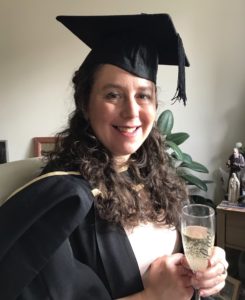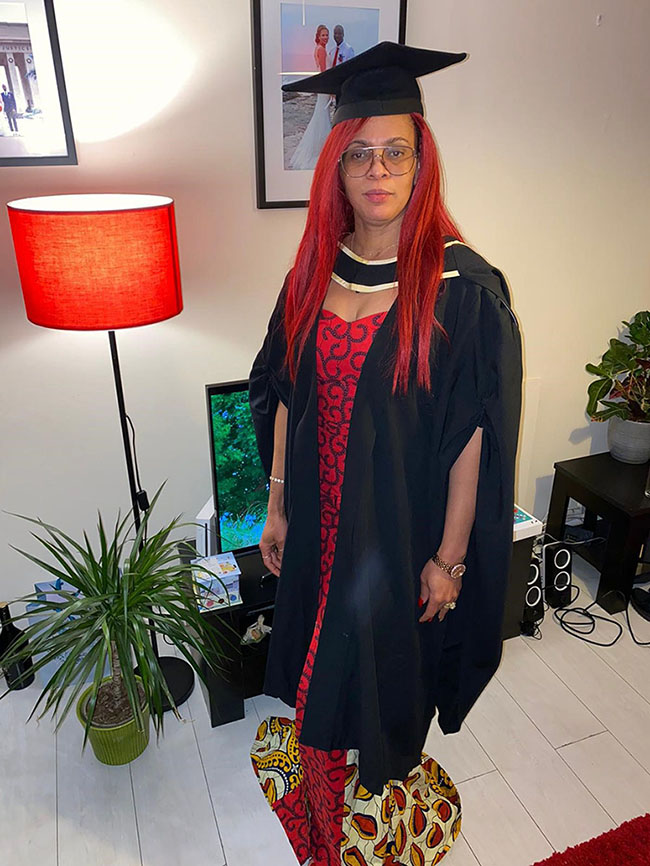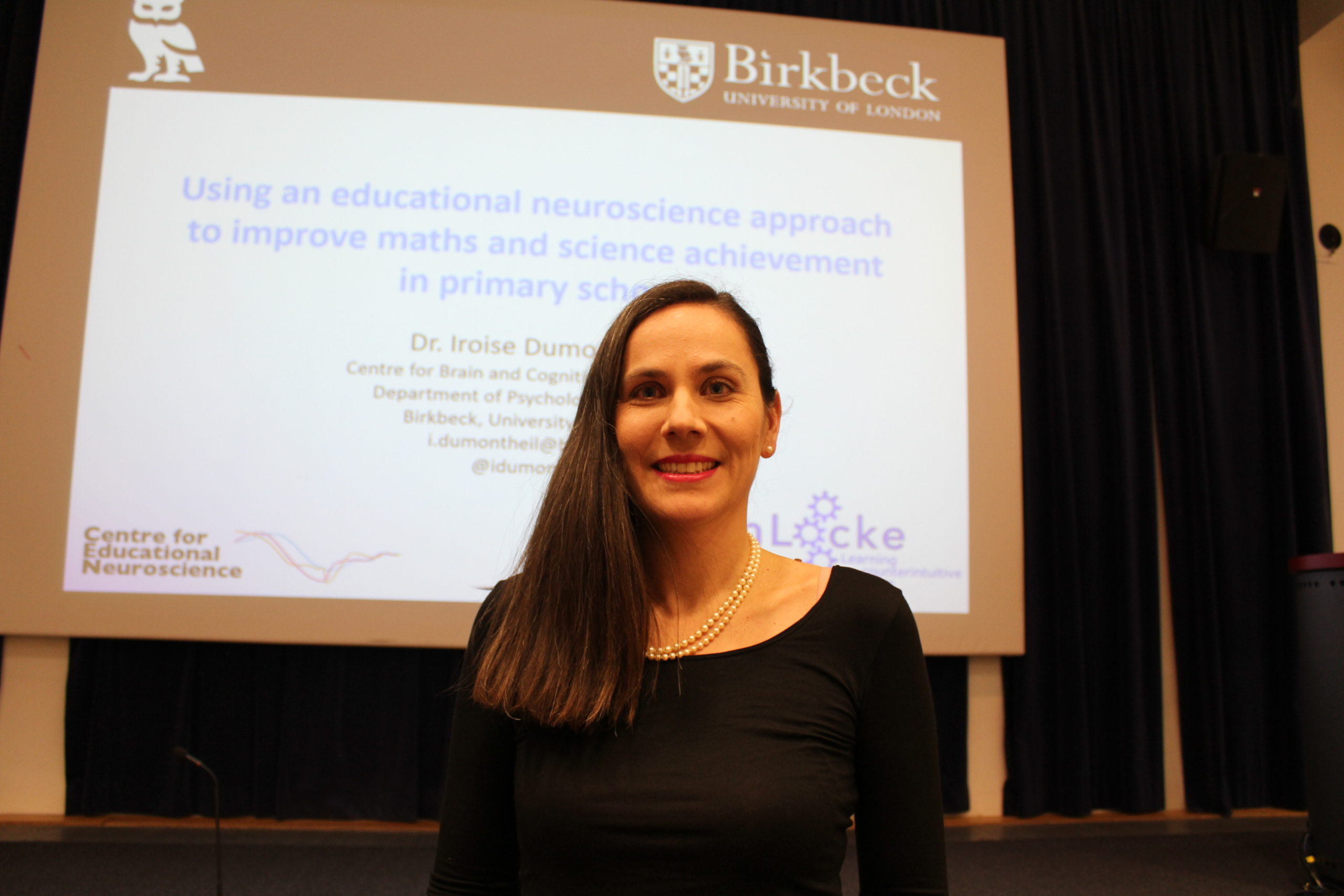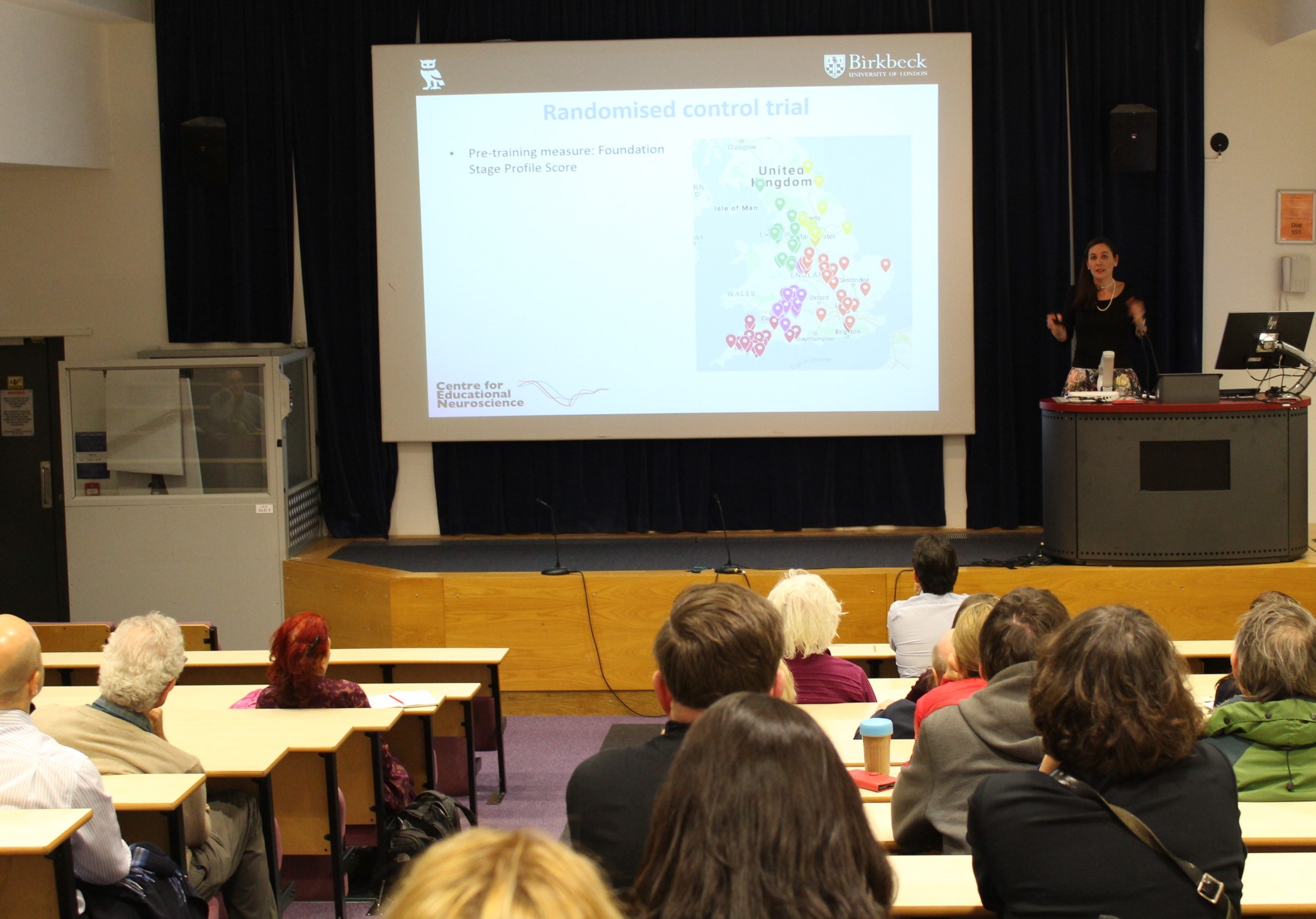Professor Sanjib Bhakta, Professor of Molecular Microbiology and Biochemistry, reflects on the recent School of Science virtual event, ‘Innovate, Educate and Eradicate: An Interdisciplinary Approach Towards Tackling Pandemics’, where guest speakers shared how they successfully communicated their global health projects to the general public.
‘Innovate, Educate and Eradicate: An Interdisciplinary Approach Towards Tackling Pandemics’ was held online on Friday 19 February for international students. Professor Kevin Ibeh, Pro Vice-Chancellor (International) began the event by welcoming students and highlighting Birkbeck’s long-standing global outlook, which sees students from over 120 countries study with us.
Professor Ulrike Hahn, Professor of Psychology at Birkbeck, then delivered a speech about The COVID-19 Vaccination Handbook, a practical guide for improving vaccine communication and fighting misinformation that Professor Hahn has helped develop with a team of renowned scientific experts from around the world. Professor Hahn explained the unique characteristics of the handbook and how it had grown out of a wider initiative for pandemic crisis knowledge management, Scibeh, that she and colleagues founded in March 2020.
The second guest speaker, Sreyashi Basu, Director of ‘Joi Hok’, a community tuberculosis (TB) awareness programme in India, presented a historical perspective of pandemics in an attempt to try and provide contextual evidence of how pandemics have been addressed and tackled in the past. She also shared our journey with ‘Joi Hok’, a project we collaborated on that won the prestigious Microbiology Society Outreach Prize 2020.
The ‘Joi Hok!’ initiative served to alter perception of tuberculosis (TB) amongst the rural community through a network of tribal artists, musicians, local policy-makers, laboratory scientists and healthcare professionals. This was done through school-based workshops using creative tools like local folk-art to facilitate an understanding on TB. These workshops encouraged children from underprivileged backgrounds who were disproportionately affected with disease – to engage, learn and discuss the issue of antibiotic resistance in the context of TB. They went on to transfer this knowledge to household members and their neighbouring communities which in turn could encourage patients to adhere to anti-TB medication.
The semi-qualitative findings of this study revealed that a simple health education session incorporating different aspects of music and folk art had had great impact on knowledge and awareness about TB among school children. Children with family members with TB proactively shared their stories in the workshops. In general, it was found that children especially in rural areas hear about TB but in actuality remain isolated from the scientific explanation behind disease, despite TB being a recurring part of their communal life. Hence, educating students empowered them to identify and counteract misconceptions around TB as well as integrate a more informed understanding of the disease within the local community. Following the presentation of the findings at the event, Sreyashi also performed live the folk song “TB roger kotha” (translation: A story about TB) that had been used to engage the children in the program workshops.
We’re delighted that the event successfully encouraged fresh ideas as well as innovative methods to outreach scientific knowledge to the public effectively (while maintaining the authenticity of research data).
Further Information




